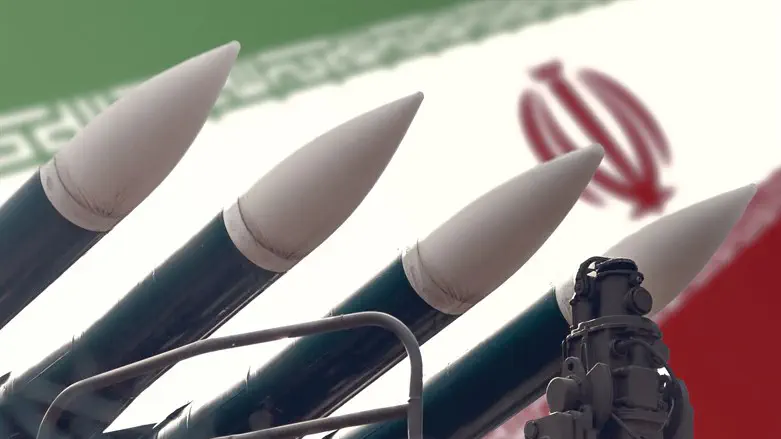

US warned Iran over its nuclear activities
Axios reports that the Biden administration sent a private warning to Iran last month expressing serious concerns about its activities that could be used for the production of a nuclear weapon.

The Biden administration sent a private warning to Iran last month expressing serious concerns about Iranian research and development activities that could be used for the production of a nuclear weapon, three US and Israeli officials told Barak Ravid of Axios, according to a report published on Wednesday.
US officials said the Biden administration conveyed its nuclear concerns to the Iranians several weeks ago, both through a third country and direct channels.
The US officials added that the Iranians came back with a response that included explanations for these nuclear activities, stressing there has been no change in policy and they are not working on a nuclear weapon.
The exchange of messages and other information obtained by the US and Israel addressed some of the concerns and somewhat eased anxieties over the Iranian research and development activities, US and Israeli officials told Axios.
"We do not see indications that Iran is currently undertaking the key activities that would be necessary to produce a testable nuclear device," a US official told the site.
"We take any nuclear escalation by Iran incredibly seriously. And, as the President has made clear, we are committed to never letting Iran obtain a nuclear weapon—and we are prepared to use all elements of national power to ensure that outcome."
Recent reports from the International Atomic Energy Agency (IAEA) have indicated that Iran has accelerated its uranium enrichment.
A report from late June by the UN atomic energy found that Iran has installed half the advanced uranium-enriching machines it said earlier it would quickly add to its Fordow site but has not yet brought them online.
The IAEA's previous report determined that Iran has started up new cascades of advanced centrifuges and plans to install others in the coming weeks after facing criticism over its nuclear program.
The UN agency released a report at the end of May which found that Iran has further increased its stockpile of uranium enriched to near weapons-grade levels.
Meanwhile, the United States said last week it did not expect policy changes from Iran following the election of reformist candidate Masoud Pezeshkian as its new President.
"We have no expectation that this election will lead to a fundamental change in Iran's direction or its policies," State Department spokesman Matthew Miller told reporters.
Miller said Iranian Supreme Leader Ayatollah Ali Khamenei was expected to call the shots in Iran.
Iran and world powers, including the US, in 2015 signed the Iran nuclear deal. In 2018, then-President Donald Trump withdrew the US from the deal. In response, Iran has scaled back its compliance with the 2015 agreement.
The Biden administration sought to return to the deal and held indirect talks with Iran on a return to compliance, but the negotiations reached a stalemate last September, after Iran submitted an unsatisfactory response to a European Union proposal to revive the deal.
